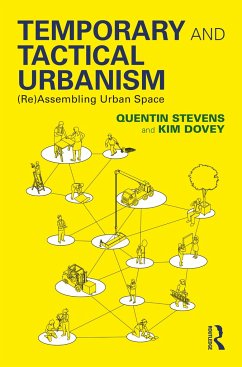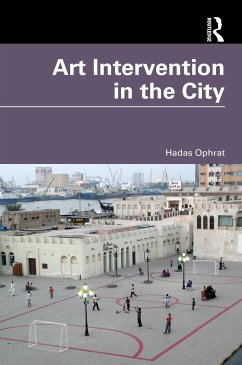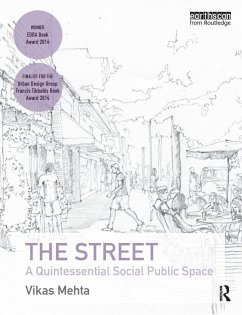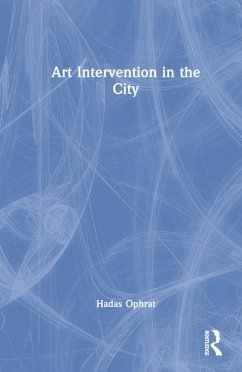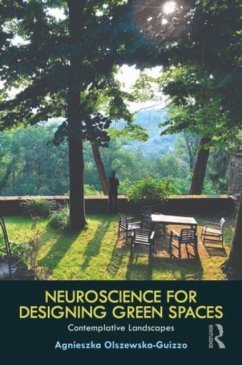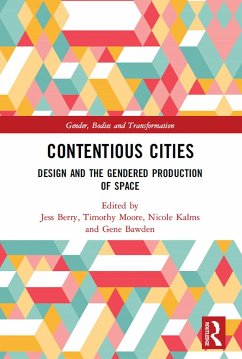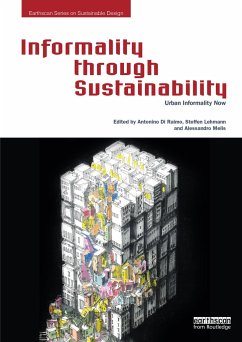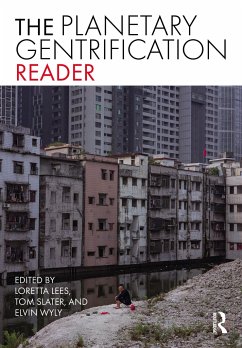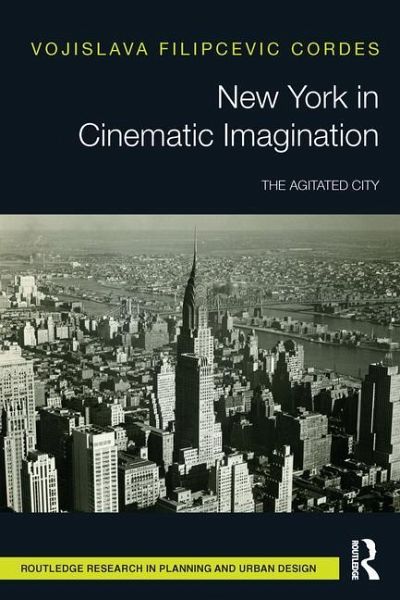
New York in Cinematic Imagination
The Agitated City
Versandkostenfrei!
Versandfertig in 6-10 Tagen
43,99 €
inkl. MwSt.
Weitere Ausgaben:

PAYBACK Punkte
22 °P sammeln!
New York in Cinematic Imagination is an interdisciplinary study into urbanism and cinematic representations of the American metropolis in the twentieth century. It contextualizes spatial transformations and discourse about New York during the Great Depression and the Second World War, examining both imaginary narratives and documentary images of the city in film.The book argues that alternating endorsements and critiques of the 1920s machine age city are replaced in films of the 1930s and 1940s by a new critical theory of "agitated urban modernity" articulated against the backdrop of turbulent...
New York in Cinematic Imagination is an interdisciplinary study into urbanism and cinematic representations of the American metropolis in the twentieth century. It contextualizes spatial transformations and discourse about New York during the Great Depression and the Second World War, examining both imaginary narratives and documentary images of the city in film.
The book argues that alternating endorsements and critiques of the 1920s machine age city are replaced in films of the 1930s and 1940s by a new critical theory of "agitated urban modernity" articulated against the backdrop of turbulent economic and social settings and the initial practices of urban renewal in the post-war period.
Written for postgraduates and researchers in the fields of film, history and urban studies, with 40 black and white illustrations to work alongside the text, this book is an engaging study into cinematic representations of New York City.
The book argues that alternating endorsements and critiques of the 1920s machine age city are replaced in films of the 1930s and 1940s by a new critical theory of "agitated urban modernity" articulated against the backdrop of turbulent economic and social settings and the initial practices of urban renewal in the post-war period.
Written for postgraduates and researchers in the fields of film, history and urban studies, with 40 black and white illustrations to work alongside the text, this book is an engaging study into cinematic representations of New York City.





